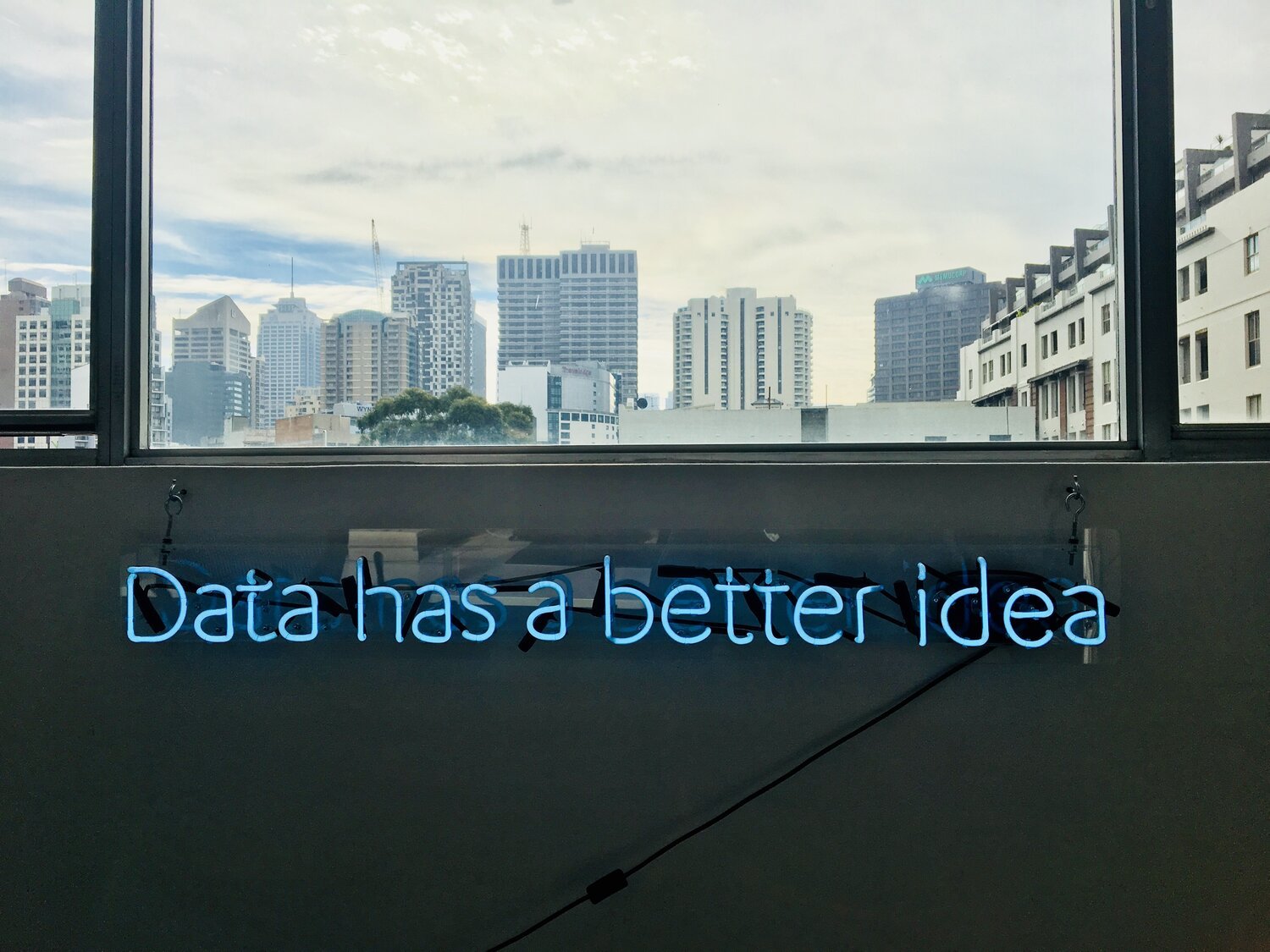The Impact of AI on Corporate Govenance
CAN ARTIFICIAL INTELLIGENCE DELIVER THE NECESSARY TOOLS TO GAIN A SEAT AT THE TABLE?
Although the capabilities of Artificial Intelligence vastly outweigh human capacity in rapidly analysing data, it is crucial to understand the limitations.
The primary advantage of AI encompasses the proficiency in outputting patterns and decisions, gathered through the quick analysis of information.
Contrary to this, traditional decision making by humans encompass a more experience orientated approach, taking the alignment of morals and ethics into consideration.
By approaching this through numerous lenses, and considering the different stages of machine learning; Artificial Intelligence, machine & deep learning, we can understand the position & potential of AI in corporate governance.
Exposing a unique risk, the basis for AI learning stems from man-made data, and can experience a sense of bias and human error in early stages. Given the nature of such circumstances, bias influence bleeds deep into the learning process. This constructs the immediate fear surrounding the notion of complete automation in corporate governance.
With subsequent risk management strategies in place, we can begin to unravel the benefits of AI gaining an input at the table.
As corporate governance becomes more considerate of stakeholder interest, employment of AI for auditing of corporate decision and transparency in the boardroom will provide a competitive advantage for early utilisation.
These changes require a broader application, capabilities in which humans cannot solely meet. Employment of AI will augment the limited scope of human thinking as corporate environments change, and pose as a regulatory body overlooking corporate decision.

